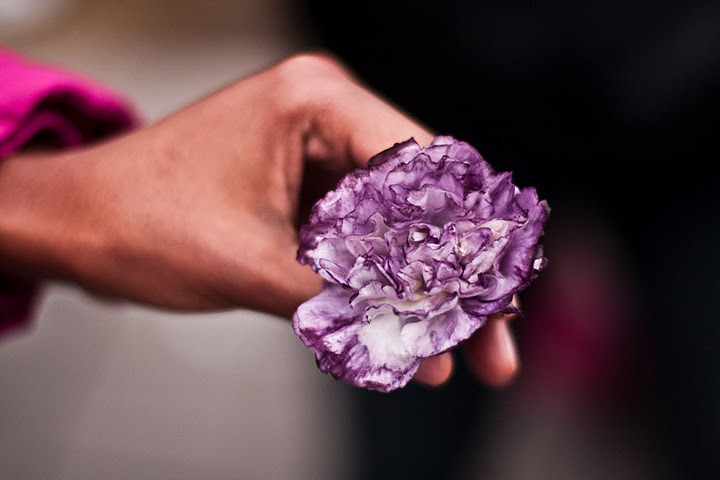PAGE-RWANDA
Formed in the immediate aftermath of the 1994 genocide of Rwandan Tutsi, Page-Rwanda organizes the annual commemoration and has undertaken extensive educational and memory work as well as research either in partnership with universities or on its own. For example, it was a key partner in the Montreal Life Stories CURA project (2006-12), led by High, and Kabayiza (the President of Page-Rwanda) directed the project’s Rwandan working group and sat on the CURA’s coordinating committee. Likewsie, members of Page-Rwanda took the lead in interviewing survivors from their own community as well as those exiled in previous waves of anti-Tutsi violence. In all, 86 Montreal-area Rwandans were interviewed by the group. These stories were then engaged with in a variety of ways.
Online digital stories were produced as were live theatrical performances. Five hundred Montreal metro cars were equipped with audio-portraits that allowed commuters to access QR-codes and listen to the stories of Berthe Kayitesi and other survivors of mass violence. Page-Rwanda also organized a series of Intergenerational Days of Reflection, drawing more than a hundred each time.

The importance of the earlier project for Page-Rwanda was considerable, explained member Monique Mukabalisa: « Pour moi, ce projet a été un terrain d’apprentissage en action : apprendre comment mener une entrevue, apprendre comment être à l’écoute de quelqu’un qui me raconte une histoire qui ramène à la surface la mienne, et beaucoup d’autres, mais de rester quand même concentrée sur celui-celle qui est devant moi au moment présent; apprendre sur ma propre histoire (celle de mon pays) et une autre façon de la transmettre. Pour mon organisme (Page-Rwanda) en même temps que pour ma communauté…, ce projet nous a laissé une richesse énorme. »
Since the end of the Montreal Life Stories project, Page-Rwanda has continued to work extensively with the life stories recorded and has undertaken new research. For example, it is co-curating a rotating museum installation entitled « United Against Genocide » at the Montreal Holocaust Memorial Centre in partnership with three other survivor communities (Cambodian, Armenian and Jewish). It has also initiated a series of recorded « inter-community conversations », or focus groups, between survivors in these groups. A report on this research will be publicly launched this coming April, as part of the annual commemoration. These recordings will also be part of the proposed Living Archives.